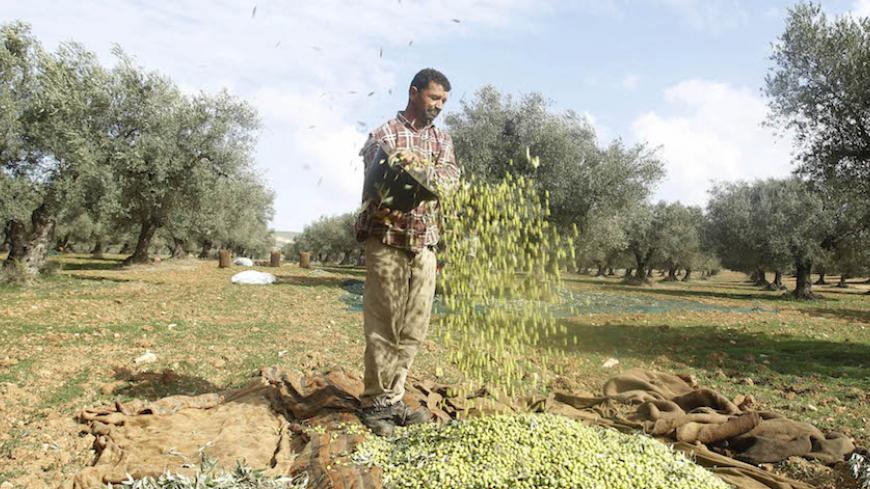HAMMAMET, Tunisia — Tunisia is known for its beautiful sky-blue beaches, ancient cities that serve as a reminder of the grandeur of the Roman Empire and popular markets that demonstrate the Muslim conquest of the Maghreb. But the land that hosted many civilizations over time has not recovered from the attacks in Sousse and Bardo last year that left dozens of tourists dead. The terrorist assault led to a massive decline in tourism, an industry that accounted for about 14.5% of the country’s gross domestic product.
Hammamet is one of the largest tourist spots in the smallest North African country. It has been attracting tourists for decades, but the touristic site has been losing its clients. On a recent day that reached 35 degrees Celsius (95 F), there was no one around, the beach occupied by only old boats that were discarded on the sand for children to play in. Because of this drop in tourism, the Tunisian authorities have been looking for other alternatives, such as hosting international events to demonstrate that the security situation has been improving. On May 1, Hammamet hosted the 4th annual Mediterranean University on Youth and Global Citizenship that was attended by youths from all around Europe and the Mediterranean region.


